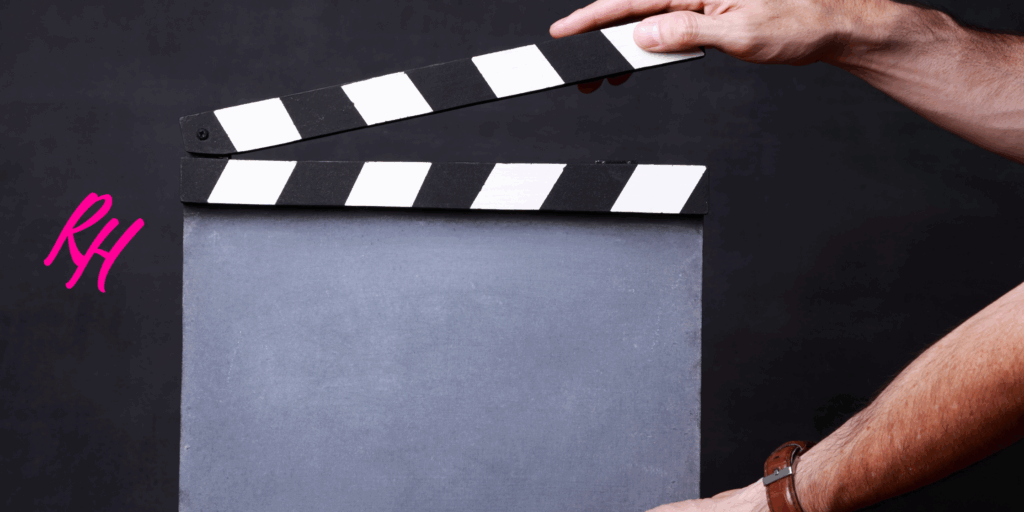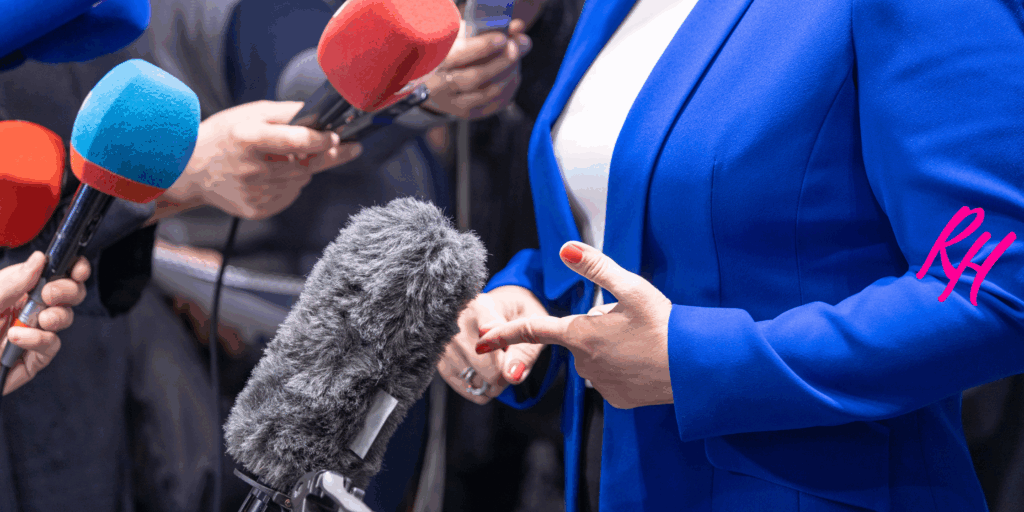As a stress physiologist and wellness speaker, I’m sick of people believing they are sick.
How many self-help books are on your shelf right now? How many meditation apps have you downloaded? How many wellness programs have you tried, only to find yourself back where you started, searching for the next solution?
If you’re reading this and feeling a little called out, I have news that might surprise you: there’s nothing wrong with you.
As a stress physiologist who’s spent decades studying the wellness industry, I’m here to tell you that your constant search for the “right” approach isn’t evidence of personal failure. It’s evidence that an entire industry has been selling you a fundamentally flawed message about what it means to be human.
The Self-Help Addiction Cycle
I meet them at every conference I speak at—intelligent, successful people who apologetically tell me about their latest wellness purchase. “I know I shouldn’t keep trying new things,” they say, “but nothing seems to stick.”
These aren’t weak-willed people. They’re often high-achieving, thoughtful individuals who care deeply about personal growth. But they’ve been caught in what I call the self-help addiction cycle: try a solution, get temporary relief, watch it fade, blame themselves for “not doing it right,” then search for the next magic bullet.
Sound familiar?

The industry has convinced you that the problem is your lack of discipline, your busy lifestyle, or your inability to “commit to the process.” But what if the real problem is that they’ve been giving you solutions to the wrong problem?
The Fundamental Lie of the Wellness Industry
Here’s what the $13 billion wellness industry doesn’t want you to know: you’re supposed to feel stressed. Stress isn’t a malfunction of the human experience—it’s a feature.
When was the last time you felt genuinely proud of something you accomplished without any stress involved? When did you experience deep meaning or purpose in a situation that required zero effort or challenge?
The industry has built its entire business model on convincing you that stress, anxiety, and discomfort are problems to be solved rather than information to be used. They’ve pathologized normal human responses to challenging circumstances and then sold you endless solutions to “fix” what was never broken.
Why Every Solution Eventually Fails
I recently worked with a woman who’d tried everything: meditation retreats, life coaches, productivity systems, mindfulness apps, therapy, supplements, and about fifteen different morning routines. She was convinced she was “bad at self-care.”
But when we looked at her life, something interesting emerged. Every time she’d tried a new approach, it worked… until life got challenging again. Then her carefully constructed systems would crumble, and she’d blame herself for not being disciplined enough.
Here’s what nobody told her: those systems were designed for a mythical person who lives in a stress-free bubble. The moment real life happened—work pressures, family issues, health concerns—the solutions failed because they were built on the assumption that stress is the enemy.
The Missing Piece Every Program Ignores
After studying thousands of research papers and working with hundreds of organizations, I’ve discovered what’s missing from virtually every self-help approach: they’re trying to eliminate the very thing that could fuel your growth.
- Your stress response isn’t broken.
- Your anxiety isn’t evidence of weakness.
- Your tendency to feel overwhelmed during challenging periods isn’t a character flaw.
These are normal, healthy responses to a complex world that demands adaptation and growth.
The programs that actually create lasting change don’t teach you to avoid these feelings—they teach you to transform them into forward momentum.
The Questions the Industry Doesn’t Want You to Ask
If you’ve been cycling through self-help solutions, here are the questions that might change everything:
- What if your stress is trying to tell you something important instead of just bothering you?
- What if your anxiety about certain situations is actually wisdom about things that need attention?
- What if your inability to “just relax” is because you’re meant to be working on something meaningful?
The wellness industry wants you to believe that the goal is to feel calm, balanced, and peaceful most of the time. But show me someone living a truly meaningful life, and I’ll show you someone who regularly feels stressed, challenged, and occasionally overwhelmed by the magnitude of what they’re trying to accomplish.
The Science of Stress and Meaning
Here’s what the research actually shows: people with the most meaningful lives report higher levels of stress than people with less meaningful lives. Those who say their lives have purpose worry more, experience more pressure, and face more daily challenges.
Meaning requires engagement with difficulty.
Purpose demands that we care about outcomes we can’t control.
Growth necessitates leaving comfort zones and facing uncertainty.
The wellness industry has spent decades trying to help you avoid the very experiences that create fulfillment.
What Actually Works (And Why Nobody’s Selling It)
The approaches that create lasting transformation don’t promise to eliminate your stress—they teach you to use it as fuel. They don’t help you avoid difficulty—they help you find meaning in it. They don’t sell you calm—they sell you capable.
This is why my work focuses on stress transformation rather than stress elimination. When people learn to convert their anxiety into excitement, their pressure into performance fuel, and their overwhelm into focused action, everything changes.
But here’s the problem with this approach from a business perspective: it doesn’t create dependency. When you learn to work with your stress instead of against it, you don’t need endless products and programs. You develop internal resilience that doesn’t require external solutions.
Your Next Move
If you’re tired of cycling through self-help solutions, maybe it’s time to try a different question. Instead of “How do I fix myself?” try “How do I use the energy I already have?”
Instead of “What’s wrong with me that I can’t stick to this program?” try “What is my stress trying to tell me about what matters?”
Instead of “How do I find balance?” try “How do I find meaning in the imbalance that comes with caring deeply about something?”
The Truth About Personal Growth
Personal growth isn’t about finding the perfect morning routine, the ideal productivity system, or the ultimate stress-reduction technique. It’s about learning to dance with the fundamental challenges of being human: uncertainty, complexity, competing priorities, and the gap between where you are and where you want to be.
You don’t need another program. You need to stop believing that your natural responses to challenging circumstances are evidence of personal failure.
The stress you feel when pursuing ambitious goals? That’s not a bug—it’s a feature. The anxiety you experience when taking meaningful risks? That’s not weakness—it’s wisdom. The overwhelm you feel when life gets complicated? That’s not dysfunction—it’s data.
The Real Solution
Stop searching for the next solution and start working with the system you already have. Your stress response, properly understood and directed, is the most powerful personal development tool you’ll ever need.
You’re not broken. You never were. You’ve just been trying to solve the wrong problem.

![Fearless blog FEAR[less] blog](https://rebeccaheiss.com/wp-content/uploads/2024/05/Fearless-blog.png)


